
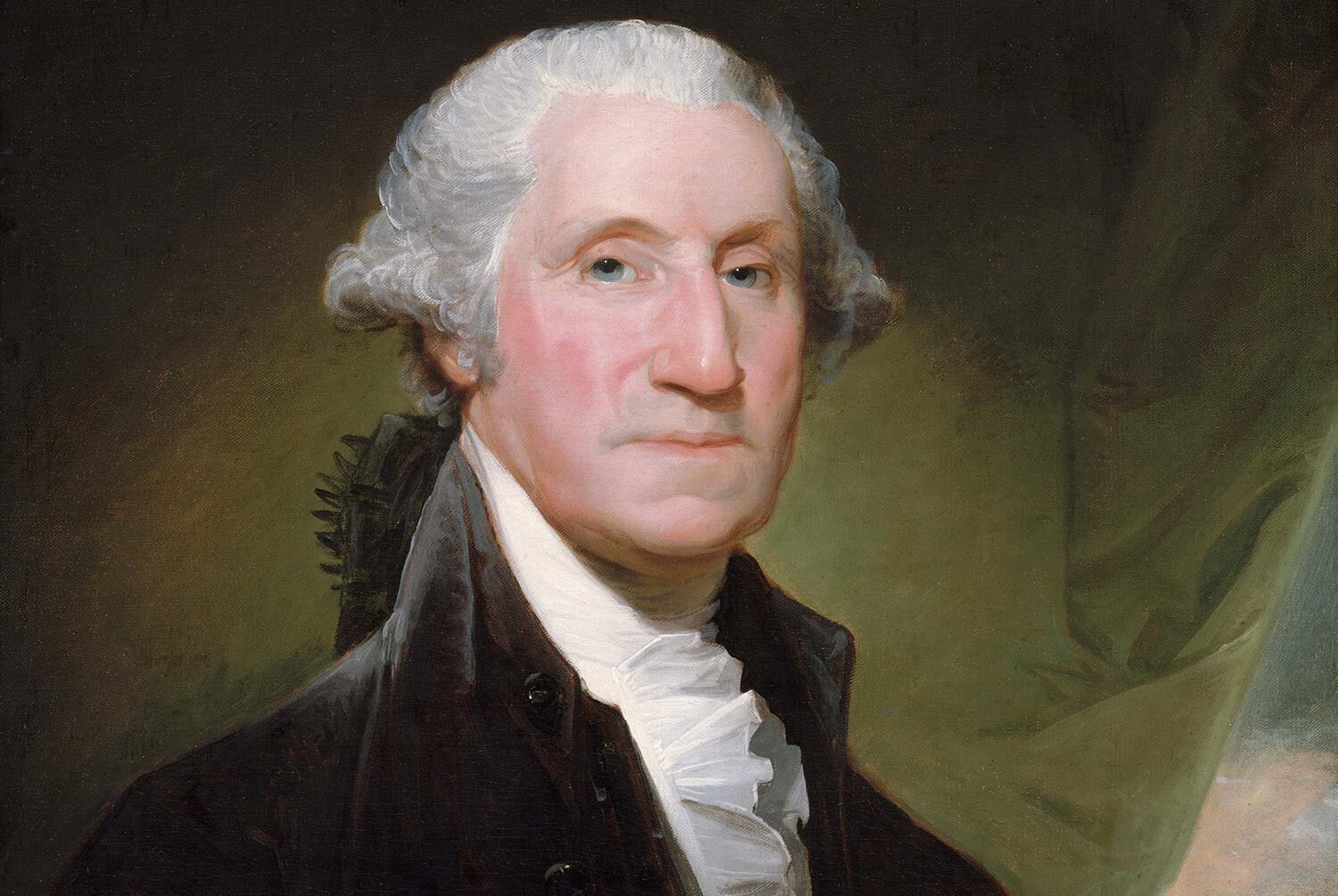
George Washington, The Only Man for the Job
In 1787, congressional delegates met in Philadelphia for a Constitutional Convention and created a new form of government. One key change was the creation of a strong Executive or President. Virtually everyone knew there was only one man strong enough to lead the nation and conscientious enough to be entrusted with so much power. That man, of course, was George Washington.
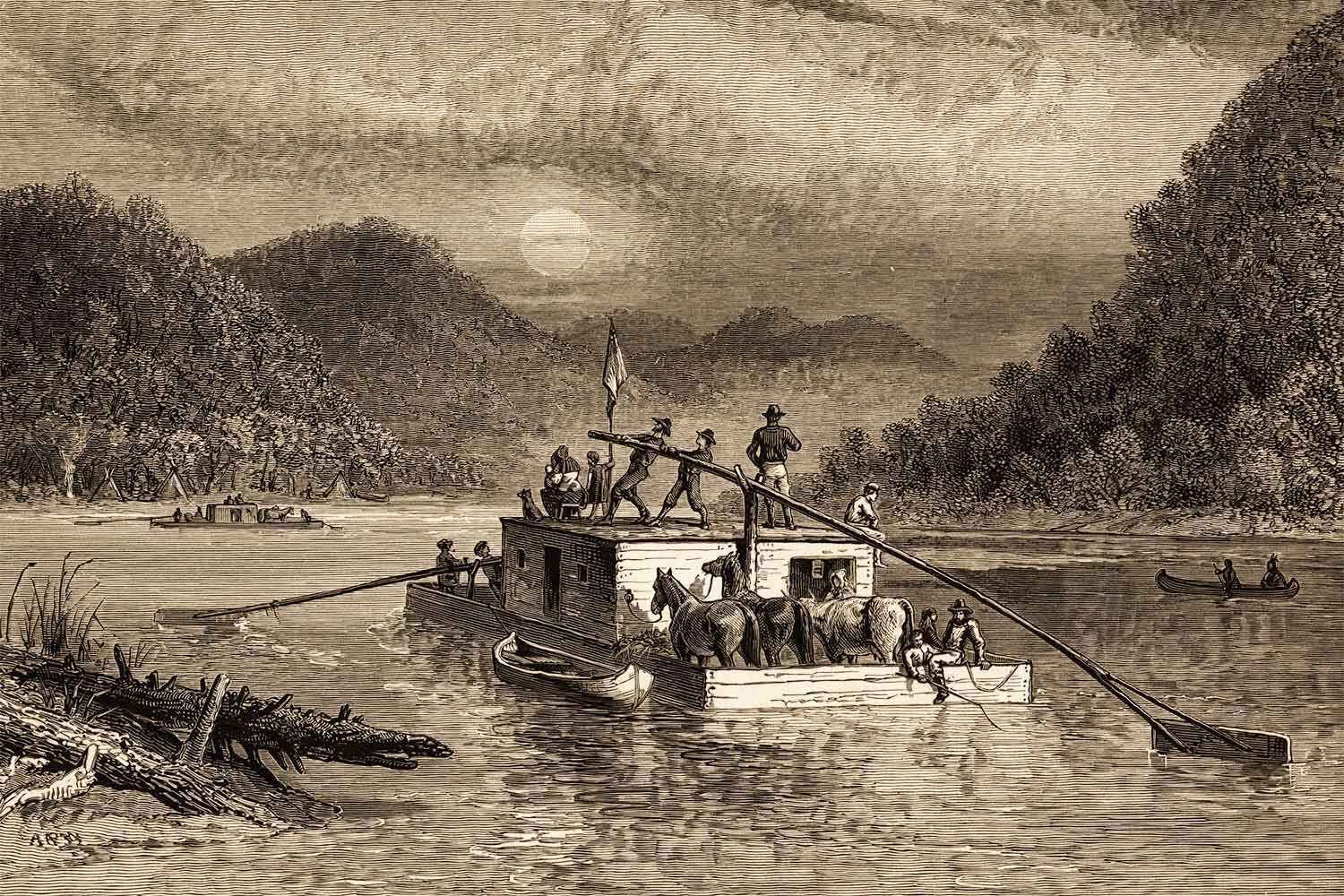
Creating America: The Northwest Ordinance of 1787
The Northwest Ordinance of 1787 created the Northwest Territory, officially known as the Territory Northwest of the River Ohio, but also called the Old Northwest. This legislation, enacted by the Congress of the Confederation on July 13, 1787, was our country’s first organized incorporated territory and our initial attempt at expanding the new nation.
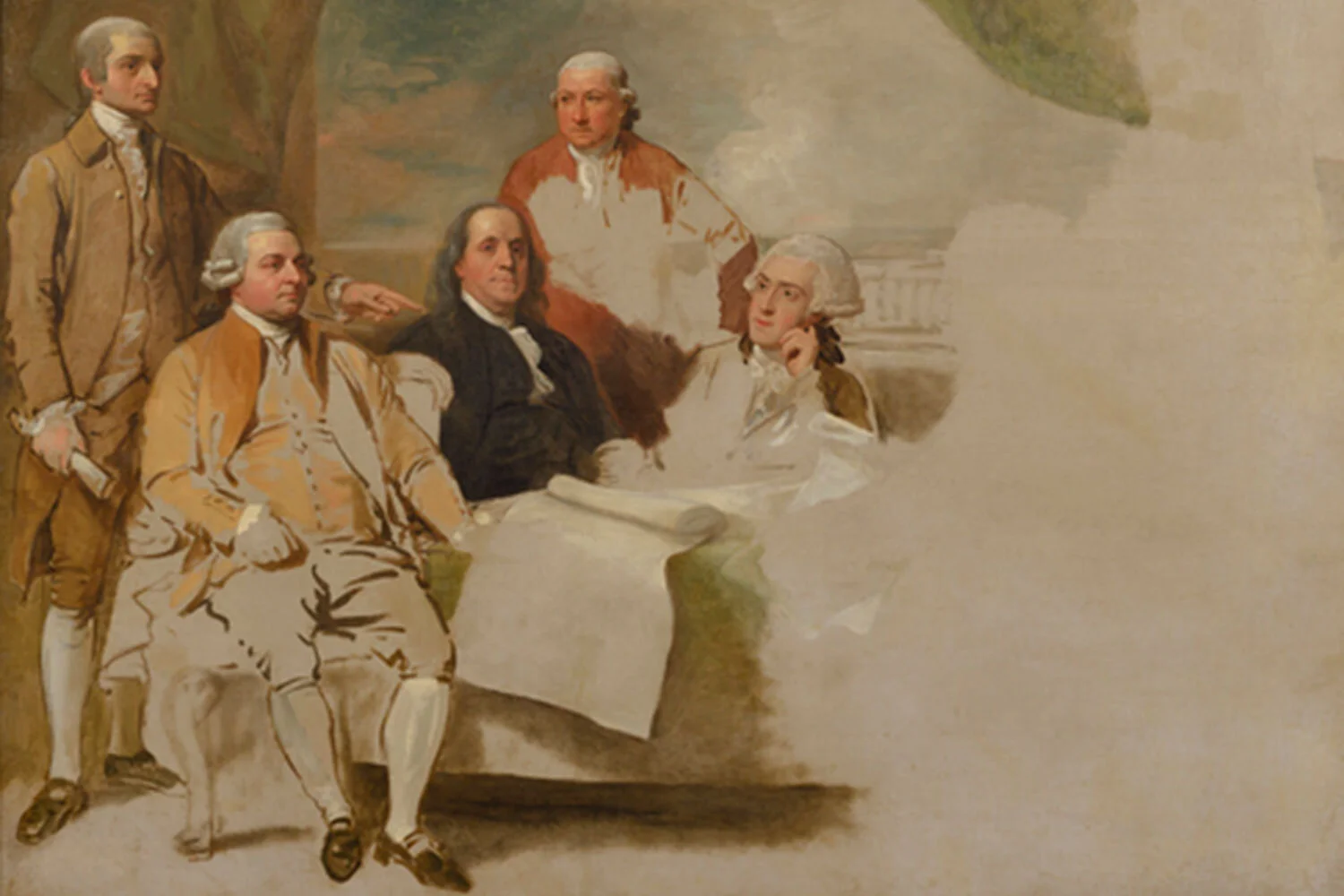
Creating America: The Treaty of Paris Delivers Favorable Terms
After Lord Cornwallis surrendered to General Washington in Yorktown on October 19, 1781, word of the surrender was sent to England. When finally received by Lord North, the Prime Minister, he repeatedly exclaimed “Oh God! It is all over!”, and it was for all intents and purposes.
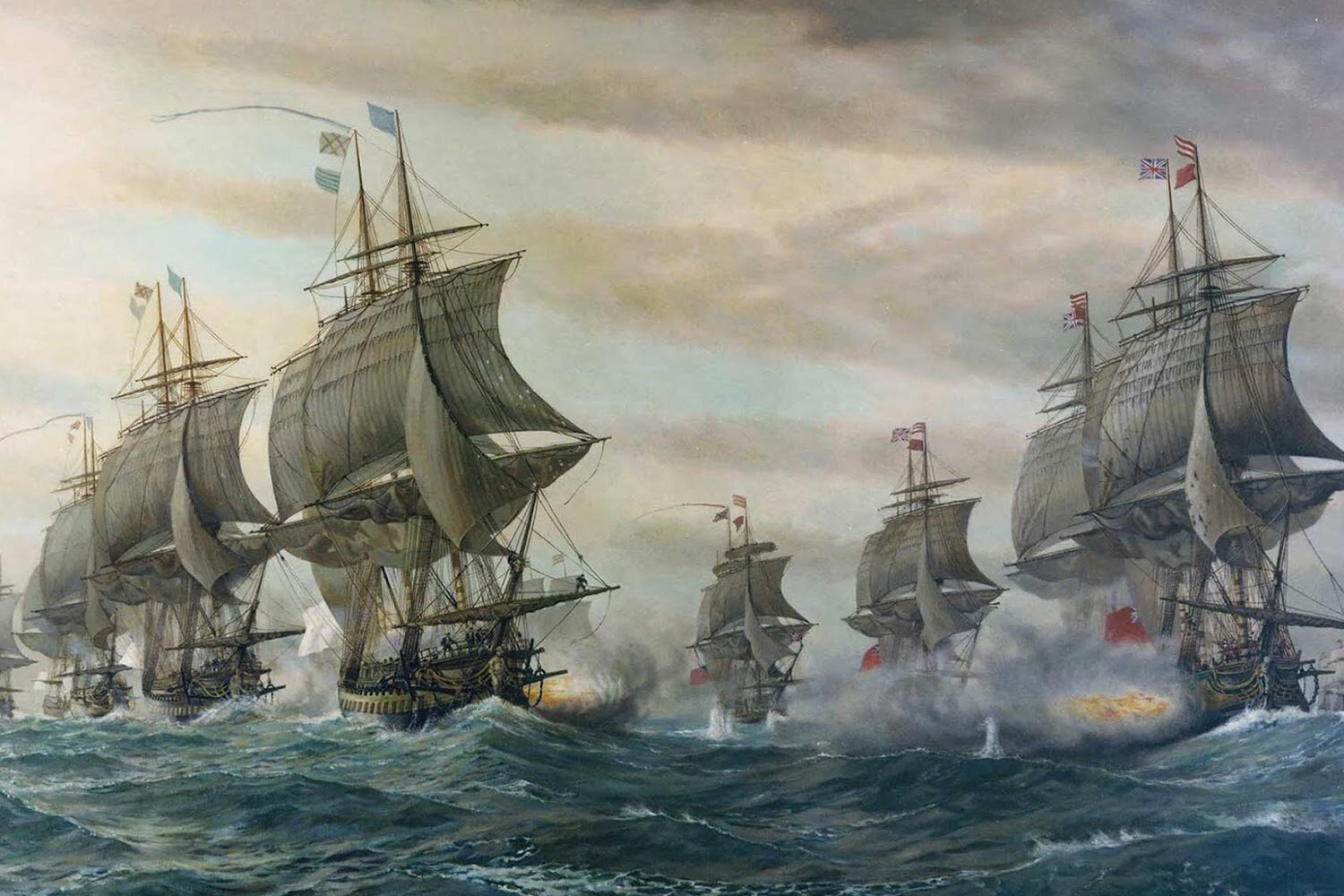
Creating America: Origins of the First Global War
The Treaty of Paris was the agreement between England and the United States which officially ended the American Revolution. It was just one of a series of agreements signed between the belligerents which collectively are called the Peace of Paris.
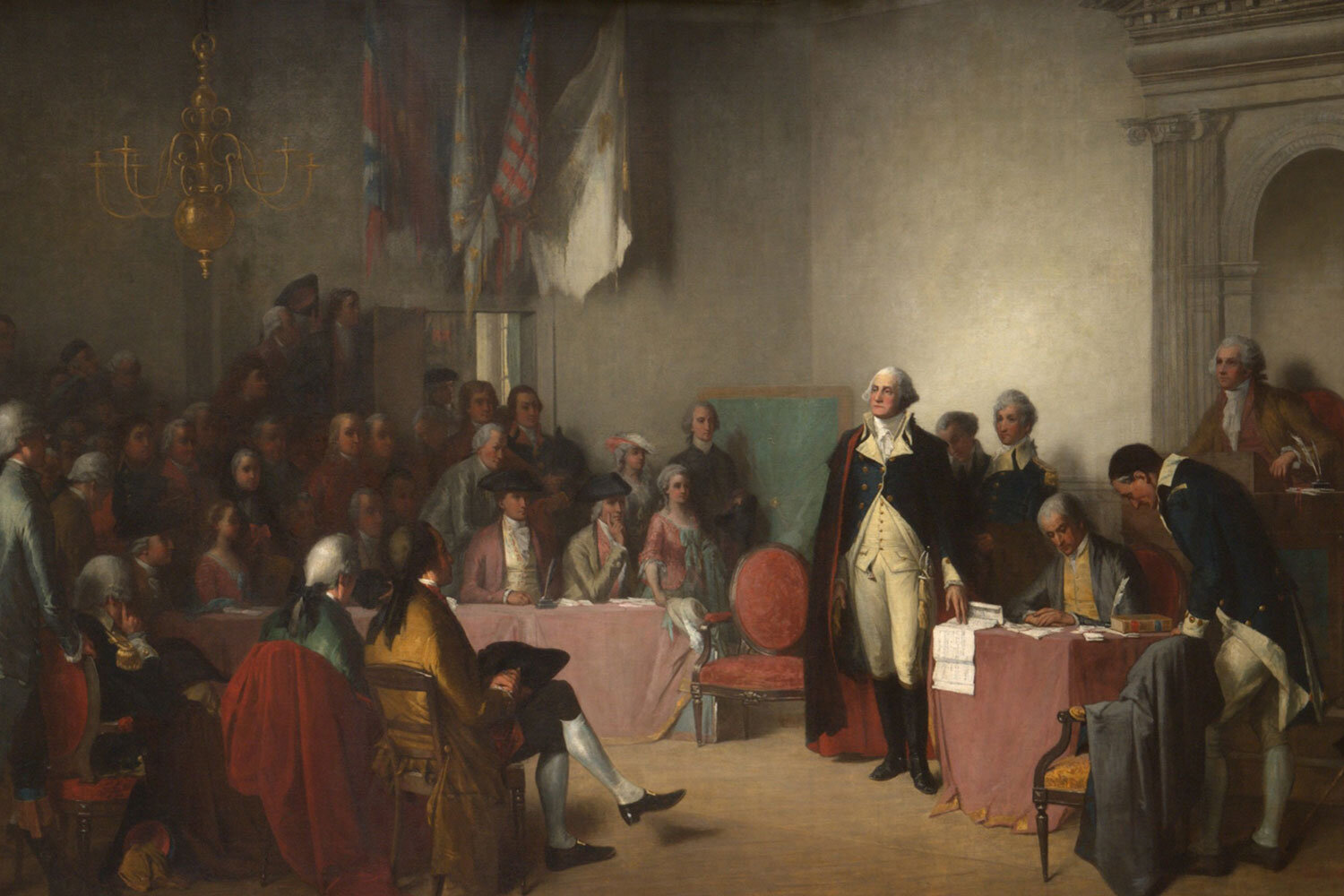
The Newburgh Conspiracy: George Washington Resists a Chance to Be King
The Newburgh Conspiracy represents a time when our nation came closest to deviating from our core revolutionary principles of representative government with civilian control of the military. Because of a weak Confederation Congress and unhappiness within the officer ranks of the Continental Army, the stage was set for our new nation to drift into a military dictatorship or monarchy.
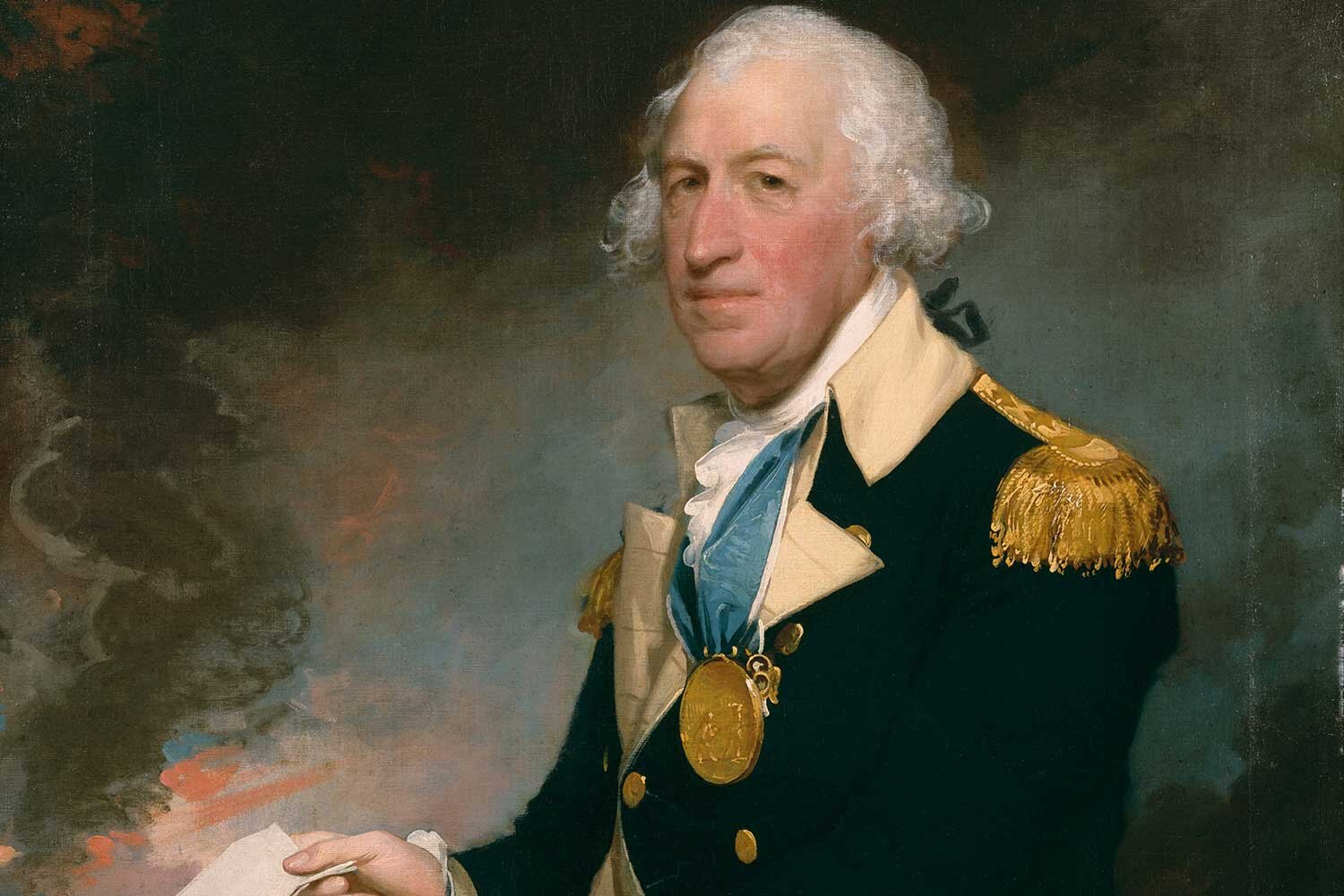
The Newburgh Conspiracy: Horatio Gates Stirs Up Controversy
By early 1783, America was close to finalizing its peace agreement with England, but the Confederation Congress had some issues to resolve with its own discontented Continental Army. At that moment, the internal threat of mutiny appeared worse than the external one posed by British forces.
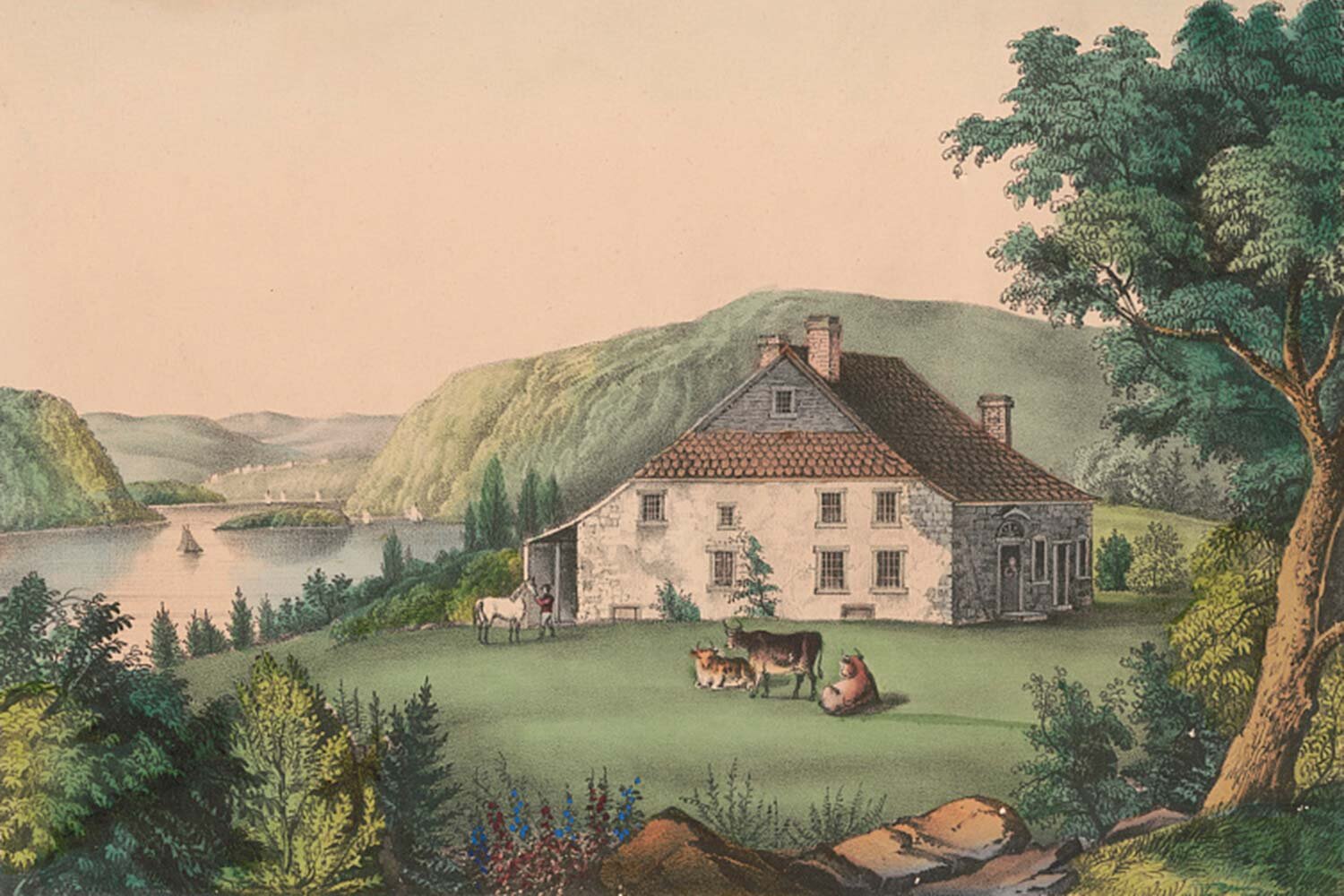
The Newburgh Conspiracy: How Widespread Unrest Almost Caused a Mutiny
We take civilian control of the military for granted today in America. However, were it not for General George Washington’s actions and words in the so-called Newburgh Conspiracy, things might be quite a bit different.
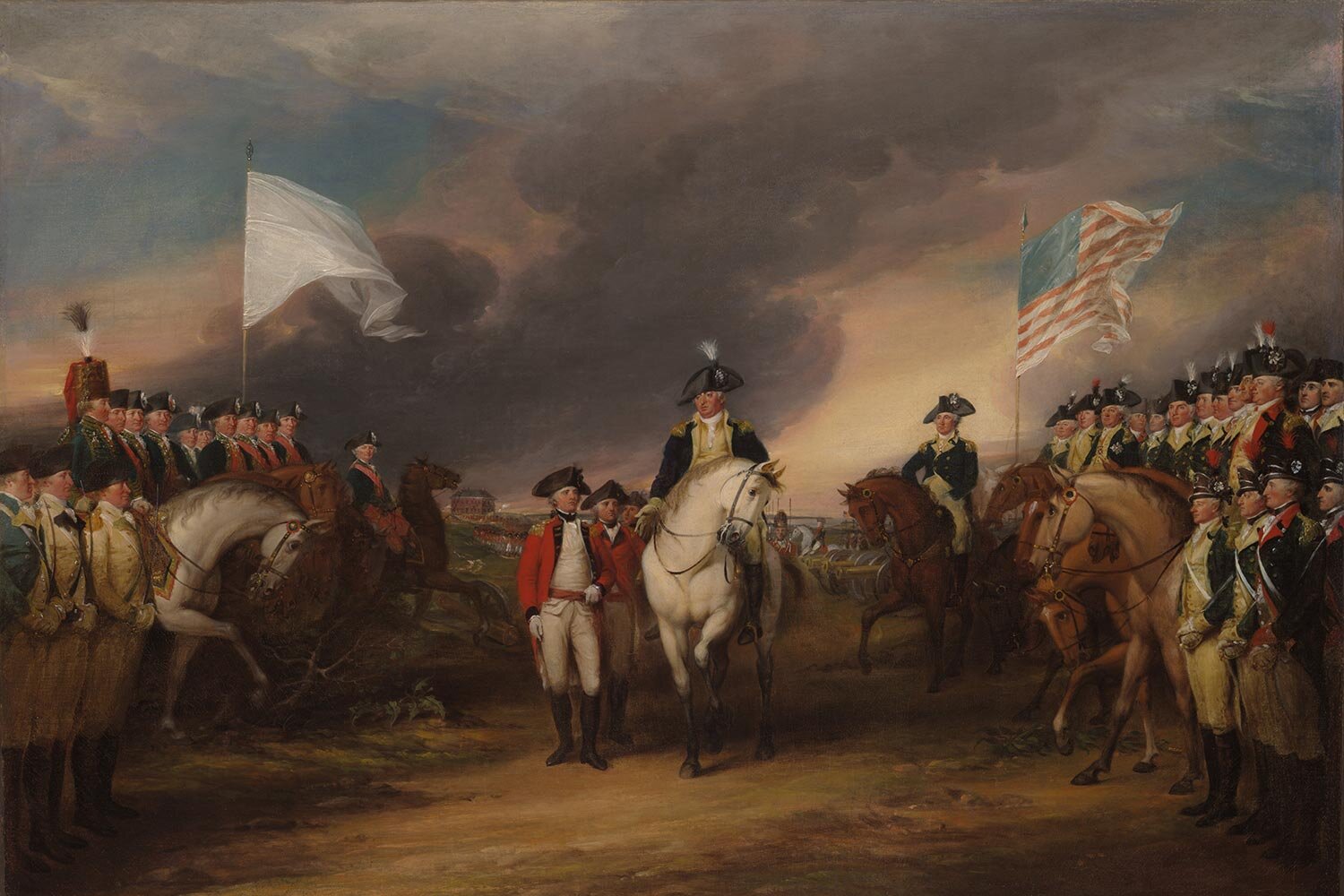
George Washington and the Continental Army’s Path to Victory
General Washington formally took field command of the Continental Army surrounding Boston on July 3, 1775. He immediately began to organize and train the troops and his natural aggressiveness was soon on display.
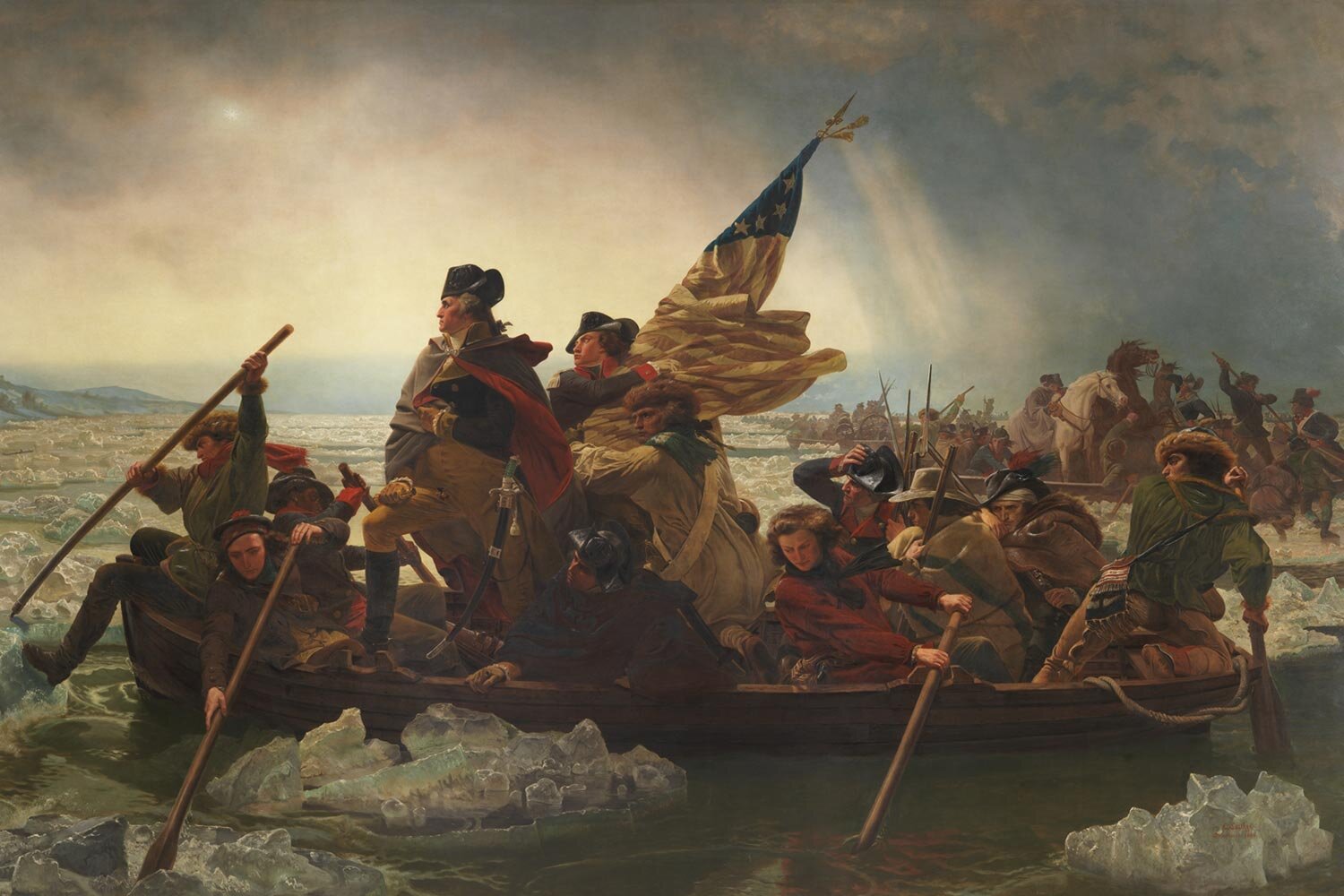
George Washington, Commander of the Continental Army
After the clash at Lexington and Concord on April 19, 1775, all eyes turned north to Boston where a force of colonial militiamen was besieging the British. Congressional leaders knew we needed to mold this loose-knit assembly into an army and so Congress created the Continental Army on June 14, 1775.
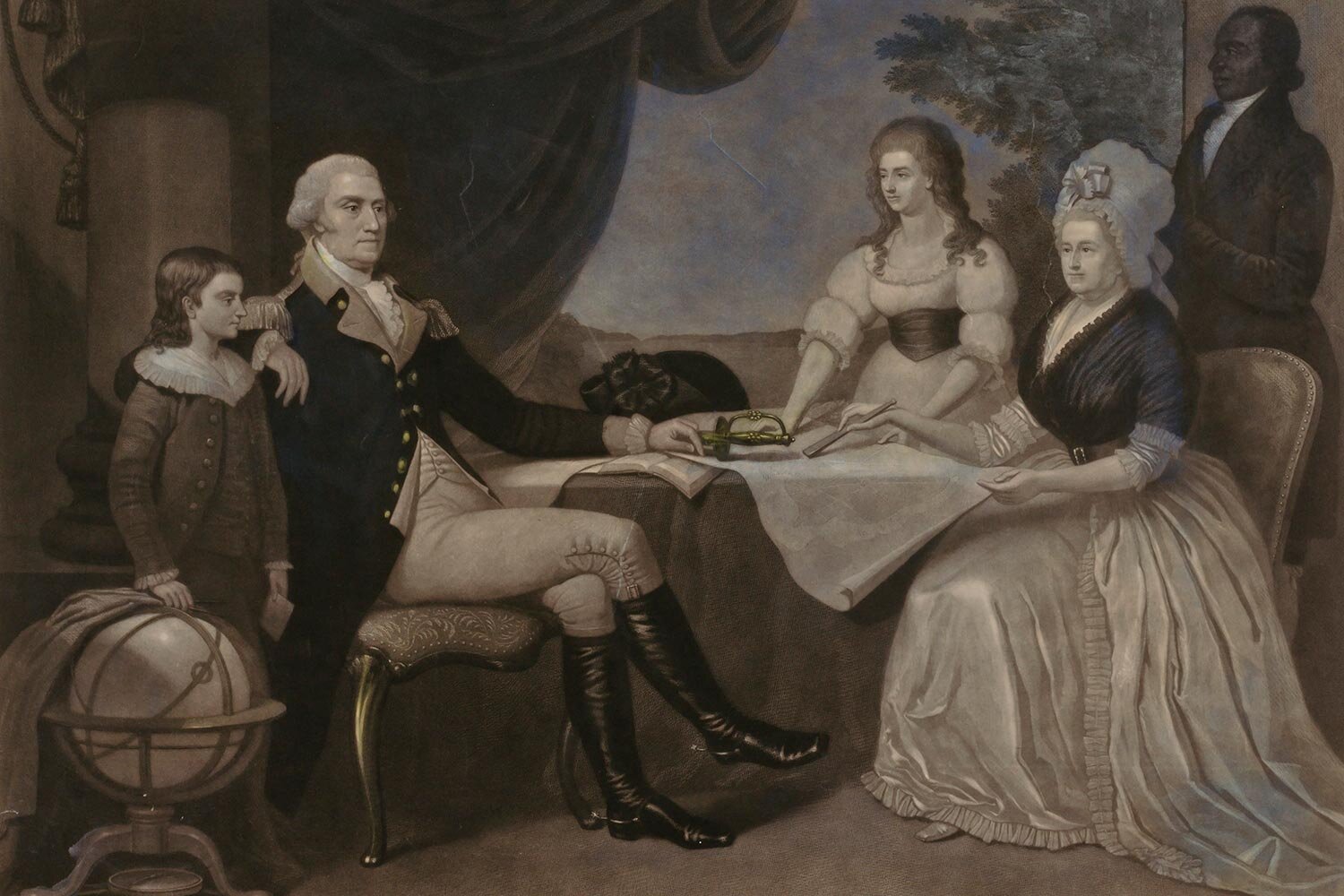
George Washington, Life as a Gentleman Planter
When George Washington resigned as Colonel and Commander of the Virginia Regiment in 1758, he returned to Mount Vernon to begin his life as a gentleman planter. Although in less than twenty years Washington would be called away by his country, his time between the French and Indian War and the American Revolution was a significant portion of this great man’s life.
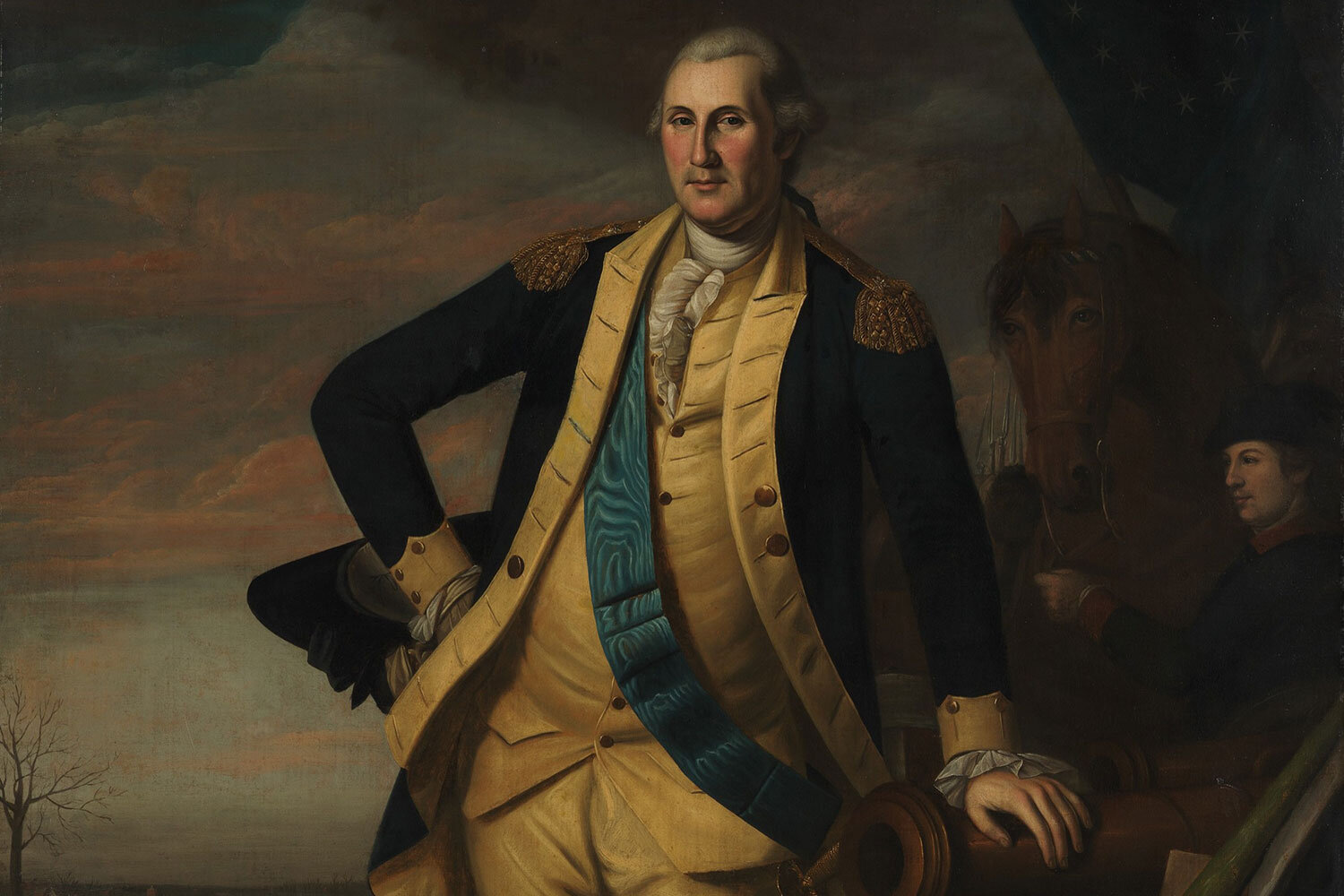
George Washington’s Formative Years
George Washington. Where do you begin to tell the story of this incredible man? A man to whom this great country of ours owes so much. Like most stories, it is best to start at the beginning where the foundation was laid for the man he would become.
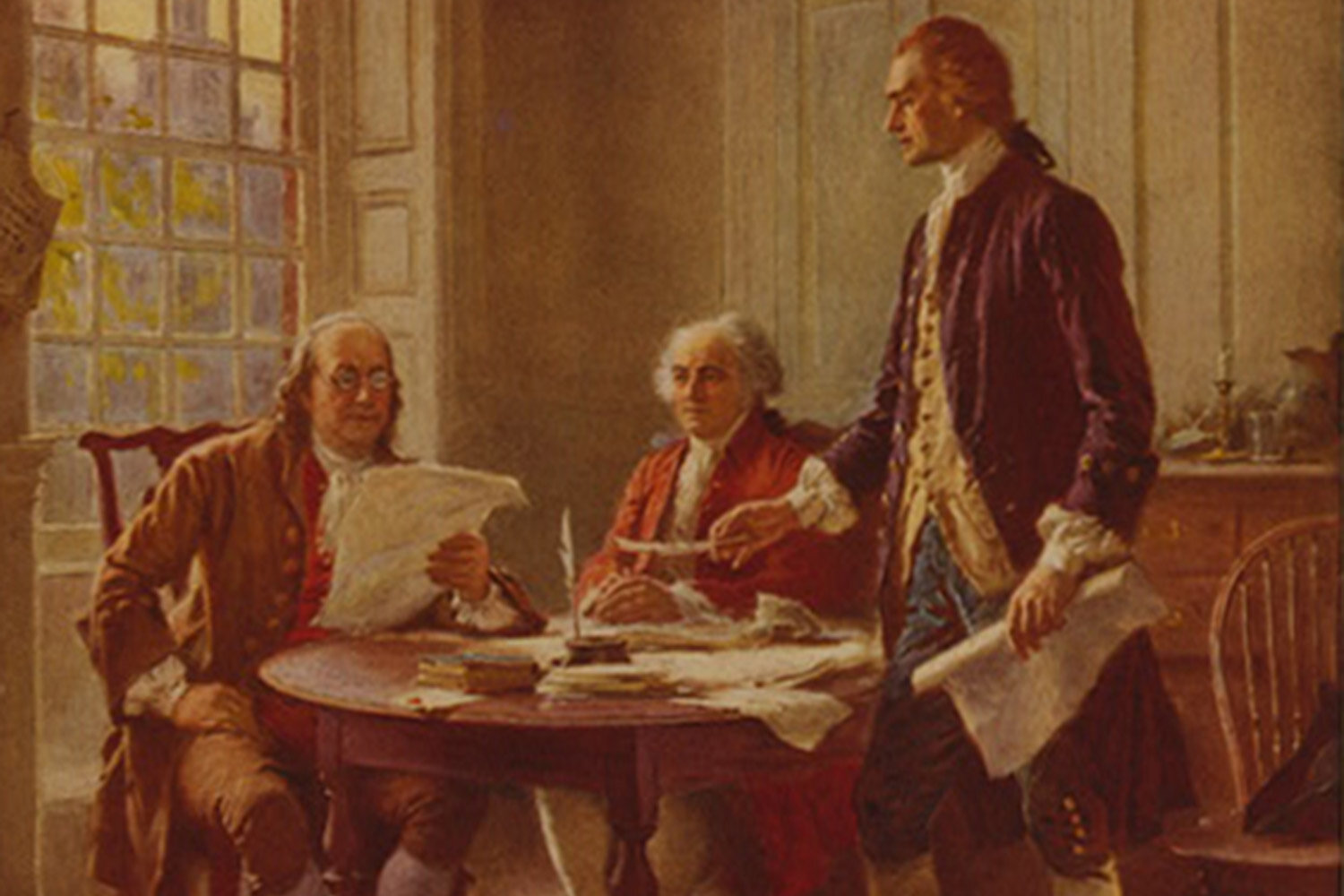
Benjamin Franklin, Unparalleled Statesman and American Patriot
Benjamin Franklin was involved in the effort to unify the American colonies longer and signed most of our nation’s key documents and treaties. Yet, this talented man spent all but two years from 1757-1775 living in Europe and he was the last of the Founders to advocate for independence.




